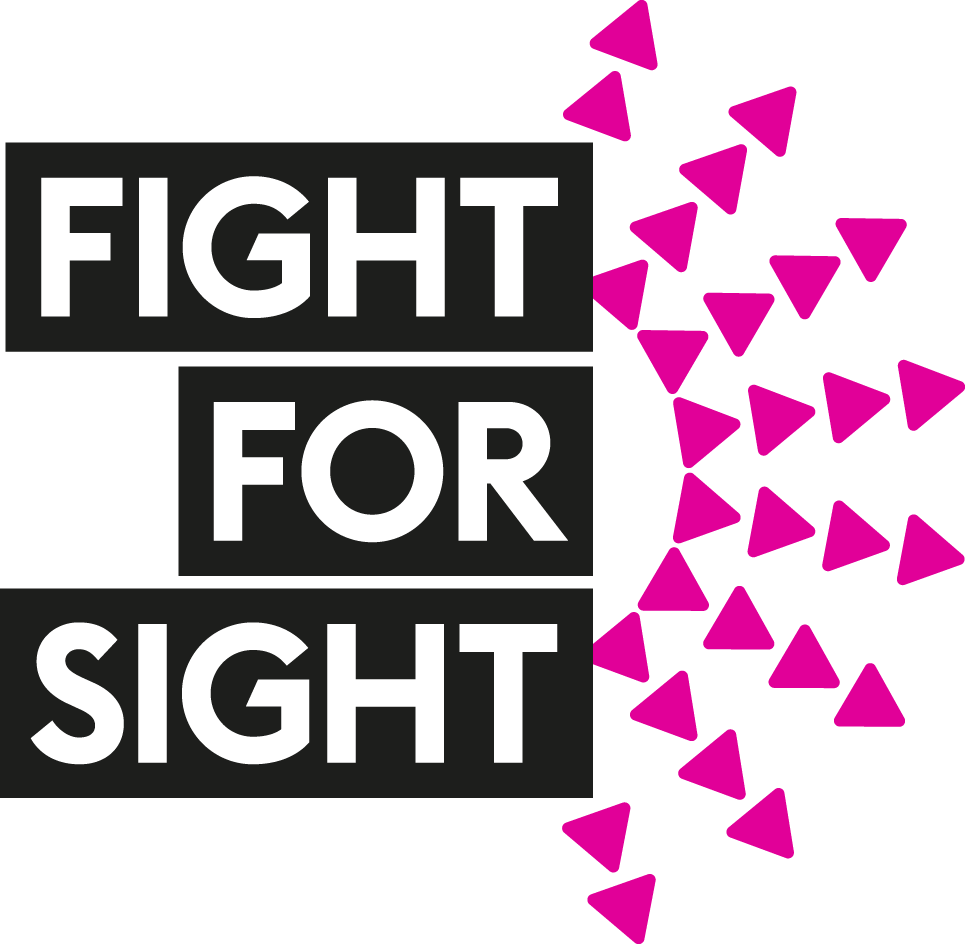National Eye Health Week 2019: Fight for Sight poll highlights lack of awareness of the link between unhealthy lifestyle and sight loss

A YouGov survey commissioned by Fight for Sight published at the start of National Eye Health Week has found that many Brits are unaware that certain unhealthy habits have possible links to sight loss.
According to the YouGov poll conducted on behalf of Fight for Sight, only 30% of adults know that an unhealthily diet has a possible link to sight loss, and just 40% know the same about smoking.
Of greater concern, almost a third (28%) of British adults gets their eyes tested less than the recommended once every two years, with nearly one in ten (9%) never getting their eyes tested at all.
Regular eye tests are one of the most important ways of detecting and preventing the progression of common eye conditions such as glaucoma.
The charity is raising awareness of the need to consume a balanced diet, after research into the rare case of a child losing his sight through poor nutrition was published in Annals of Internal Medicine.[1] The child’s diet, which resulted in serious vitamin deficiencies, led him to develop a condition called nutritional optic neuropathy (NON), causing irreversible blindness. This is more commonly seen in malnourished children in developing countries and purely dietary causes of this condition are rare in the western world.
Smoking is another habit the charity warns can put eyesight at risk. It is linked to conditions such as age-related macular degeneration - the UK’s leading cause of sight loss - and cataracts. According to research, smokers double their risk of developing macular degeneration,[2] for which there are limited treatments available.
The charity also advises on the need for regular eye tests – a minimum of once every two years – highlighting that these can often detect symptomless eye conditions.
Dr Rubina Ahmed, Head of Research at Fight for Sight, said: “The results from this poll sadly are not surprising. There are currently two million people living with sight loss in the UK, but it’s estimated that half of these cases are preventable through the right lifestyle and by accessing the right treatments. There needs to be more awareness of the need for regular eye tests, a balanced diet and of the links between smoking and sight loss.”
Currently there are two million people living with sight loss in the UK. By 2050, this is set to double to four million.
The links between unhealthy eating and sight loss
Nutritional optic neuropathy (aka deficiency optic neuropathy) occurs when the optic nerve becomes damaged from low intake of certain nutrients essential for normal functioning of the nerve fibres. Most commonly, it results from folic acid and vitamin B complex deficiency associated with malnutrition or poor dietary habits.[3]
Nutritional optic neuropathy is characterised by a painless and progressive decrease in the clarity of vision, which can be accompanied by an inability to distinguish certain shades of colour (colour blindness).[3]
There is also emerging evidence of the link between diet and age-related macular degeneration, the leading cause of blindness in the UK, with some suggestion that certain supplements can slow down the progression of the disease. However, more research is needed to fully understand this link.
Sight loss can also occur as a result of diabetic retinopathy, a complication of diabetes in which high blood sugar levels damage the back of the eye (retina). Vision loss from diabetic retinopathy is one of the main causes of sight loss in the UK. A healthy, balanced diet and regular exercise can help avoid Type 2 diabetes and its complications.
The charity is advising people to make sure they have a balanced diet that includes nutrients such as Omega 3 fatty acids, zinc and vitamins, B, C and E. Recommended foods for general good health include green leafy vegetables, citrus fruits and oily fish such as salmon.
References
[1] Rhys Harrison, Vicki Warburton, Andrew Lux, Denize Atan. Blindness Caused by a Junk Food Diet. Annals of Internal Medicine, 2019; DOI: 10.7326/L19-0361
[2] Evans J, Fletcher A, Wormald R (2005) 28,000 Cases of age-related macular degeneration causing visual loss in people aged 75 years and above in the United Kingdom may be attributable to smoking. Br J Ophthalmol. 2005 May;89(5):550-3.
[3] https://www.ncbi.nlm.nih.gov/pubmed/25345287


